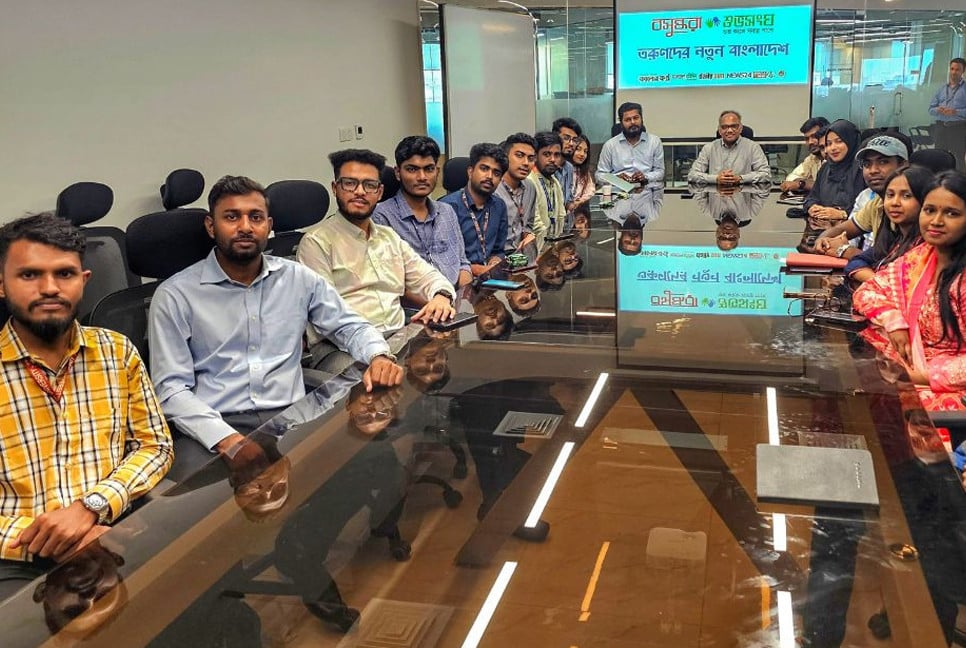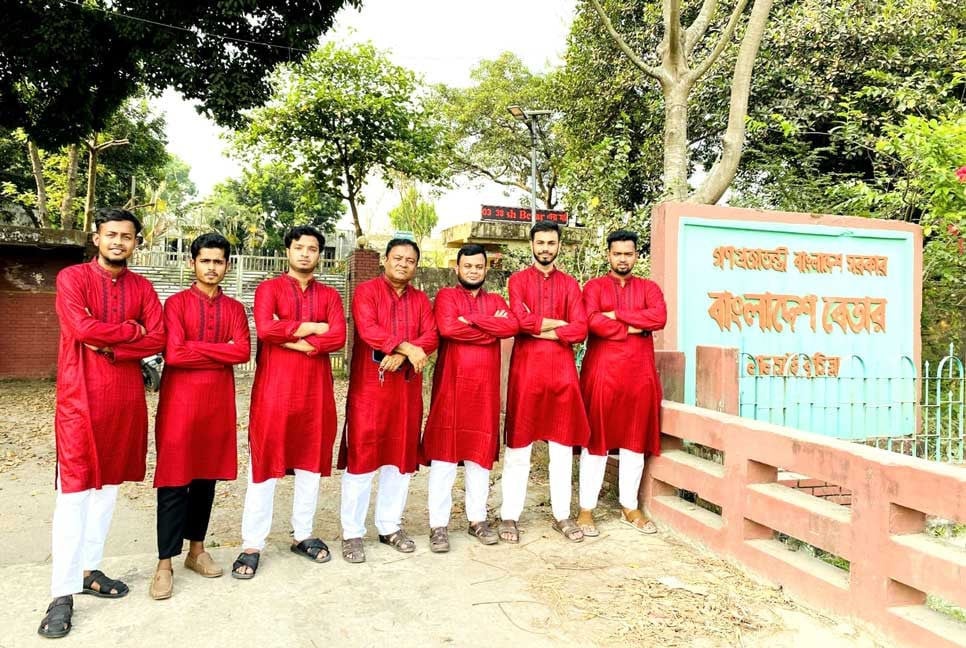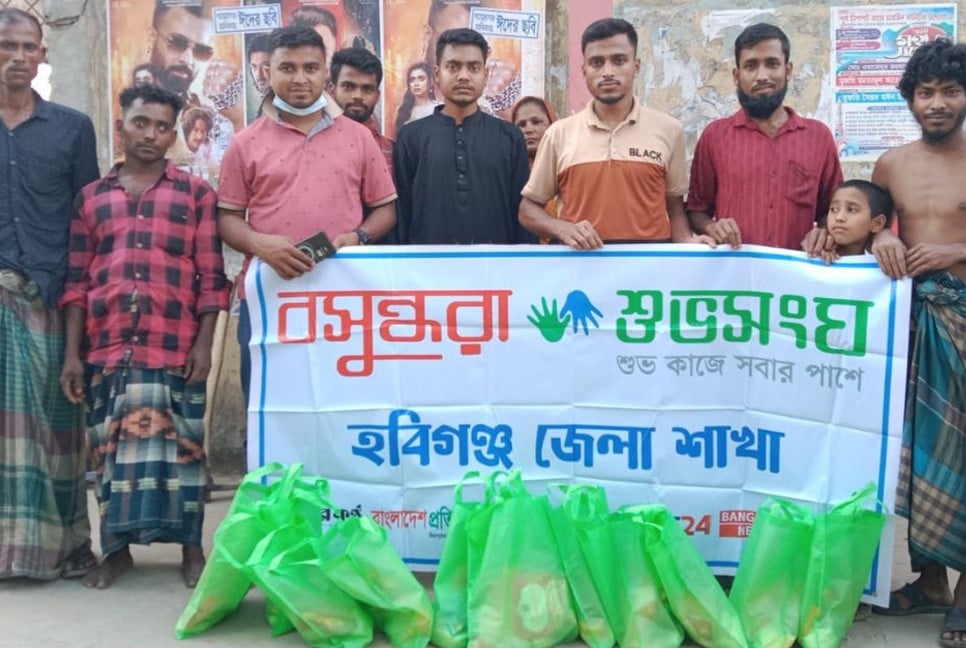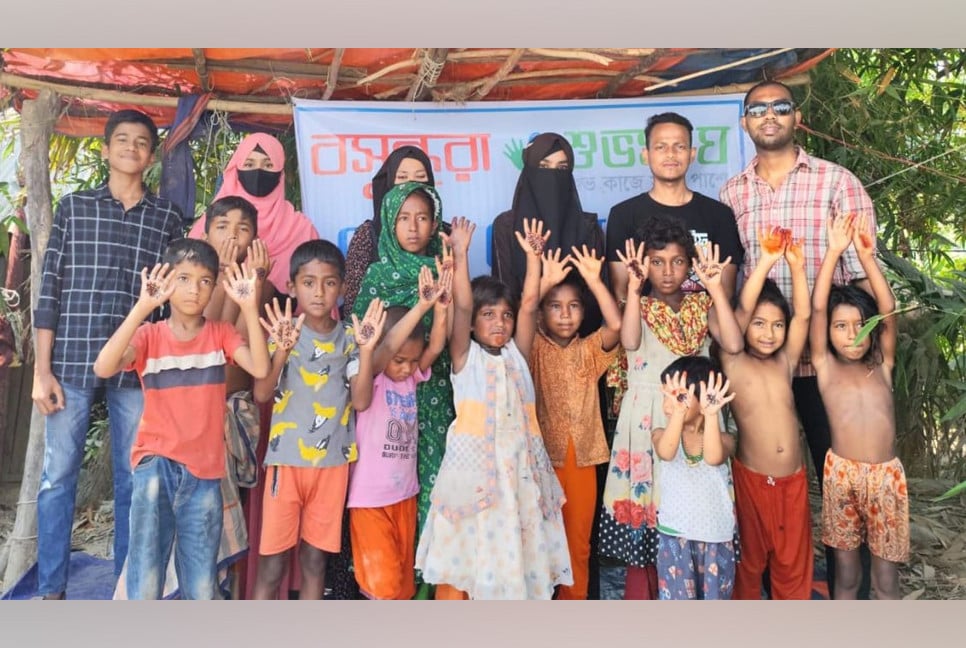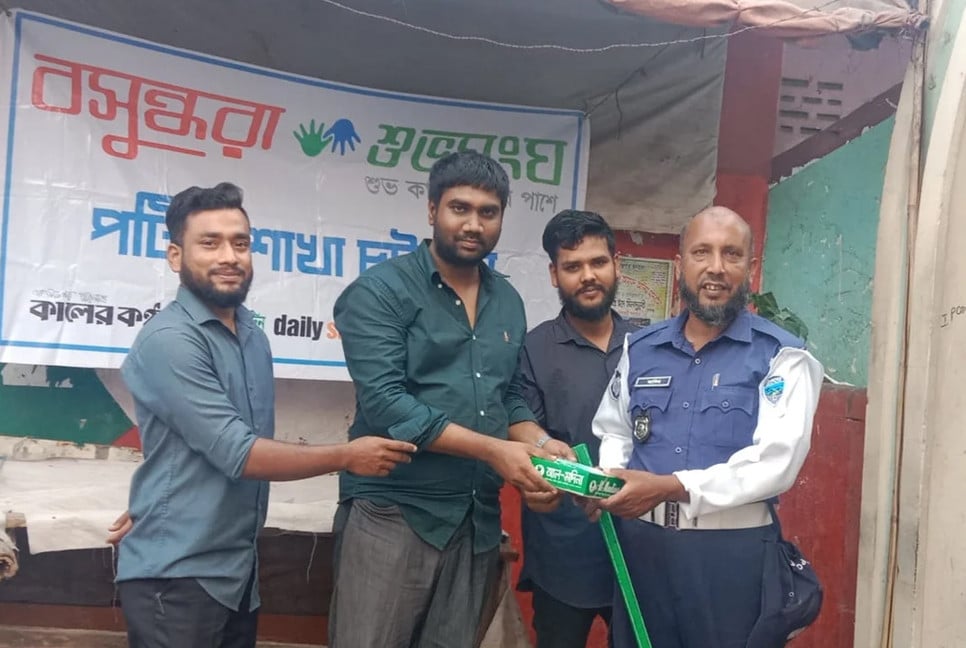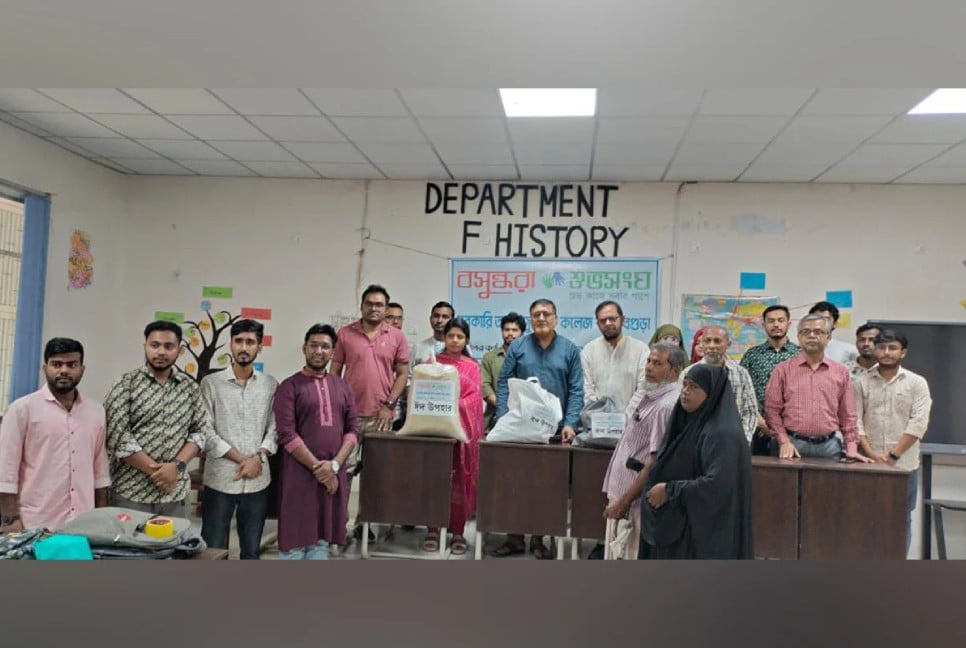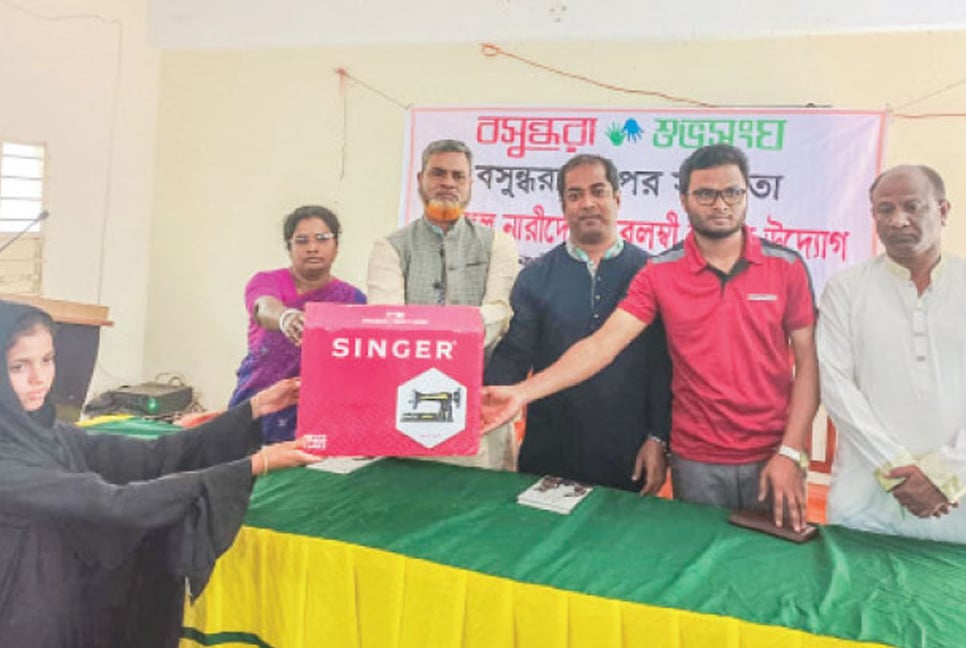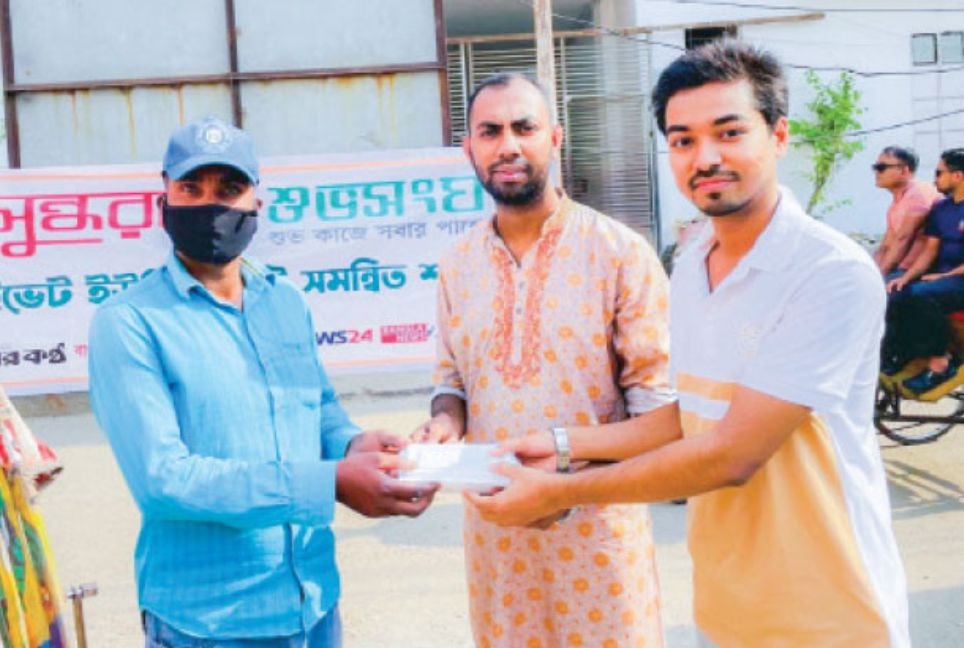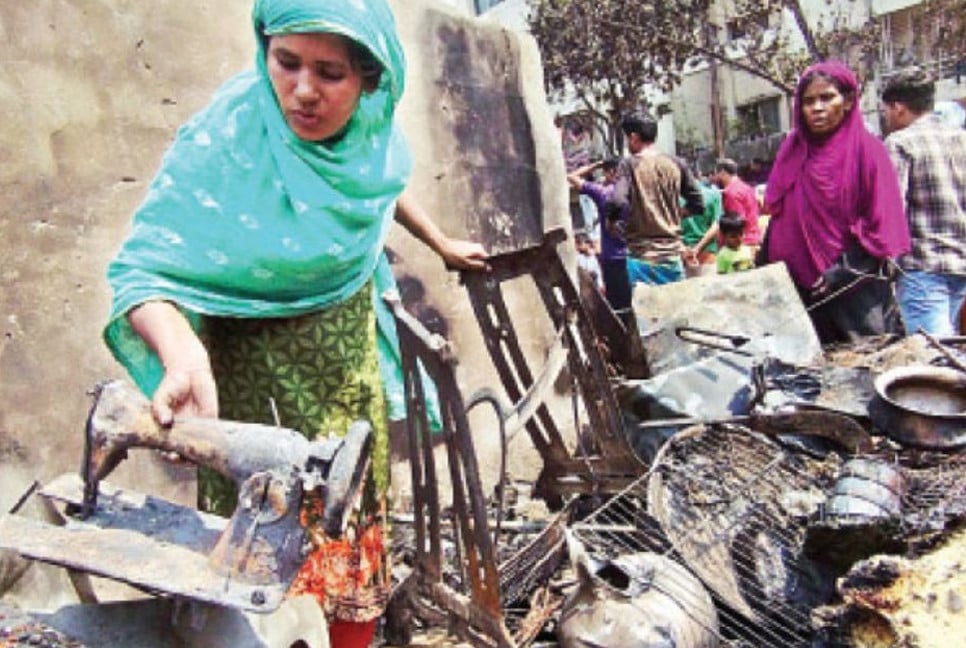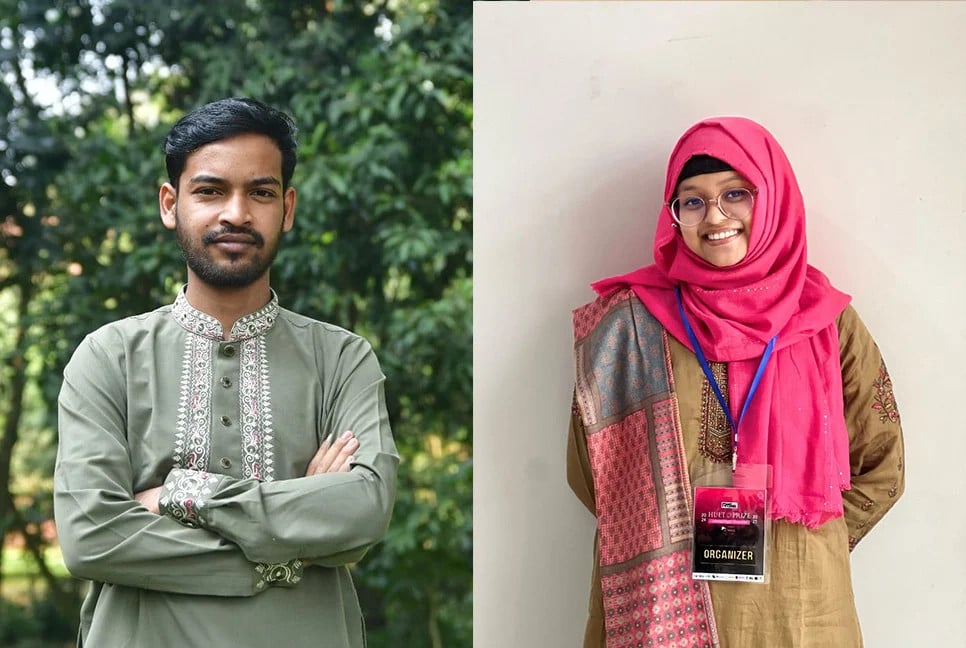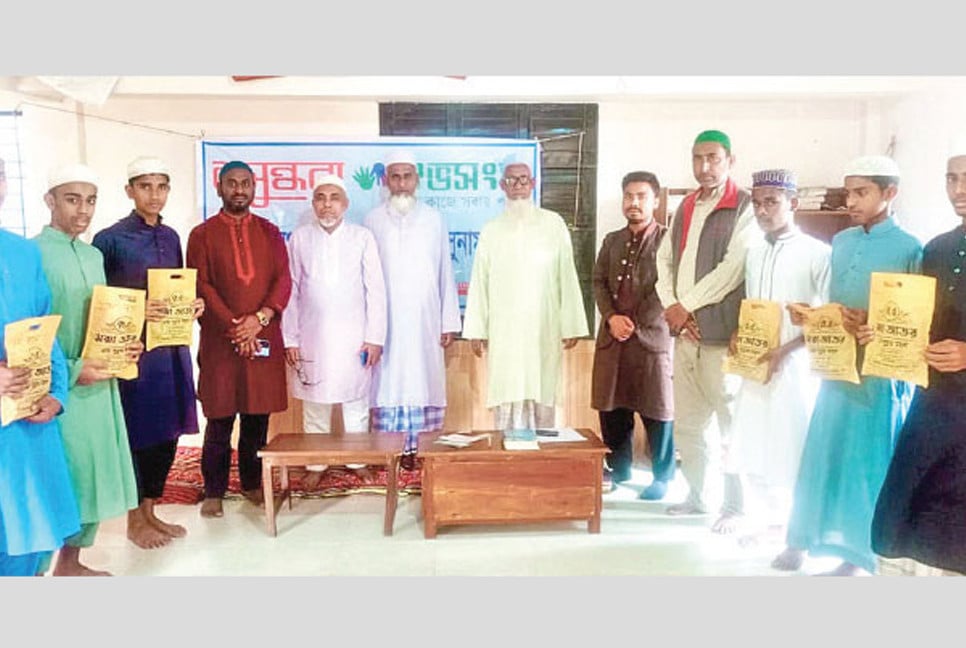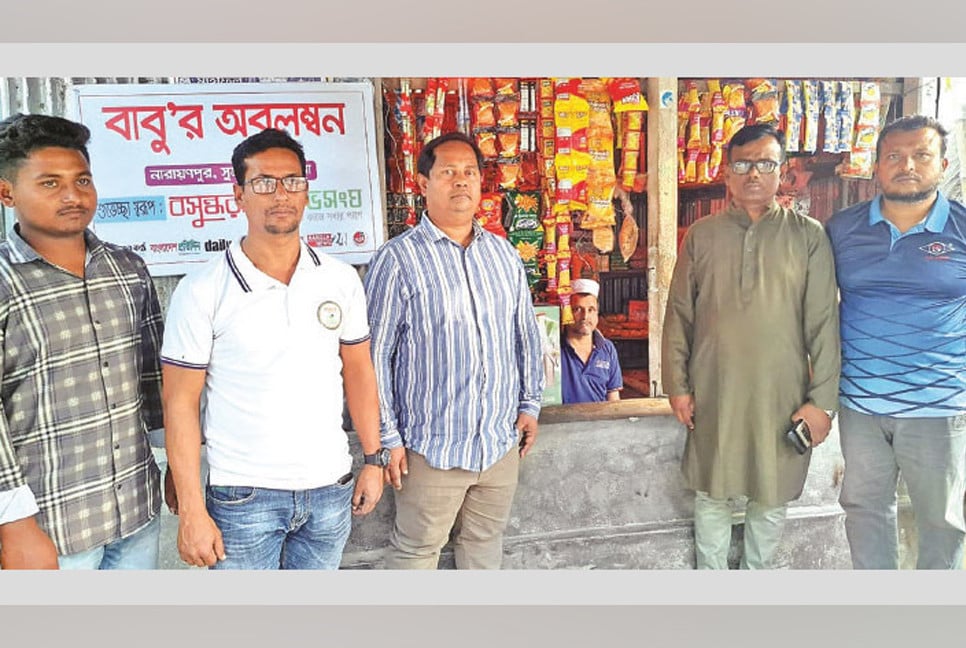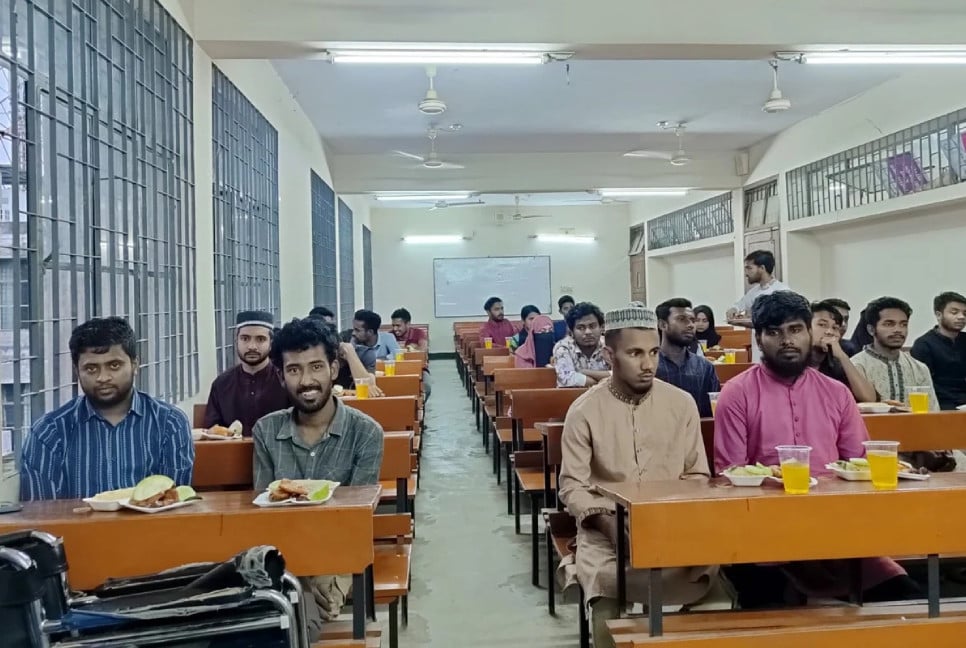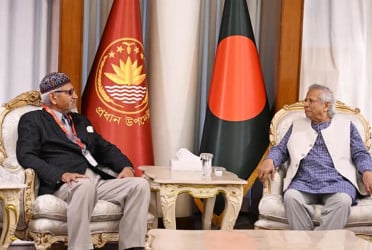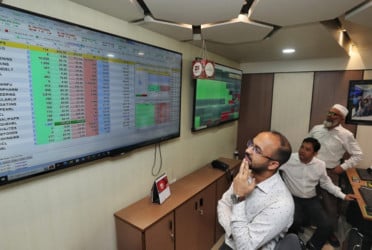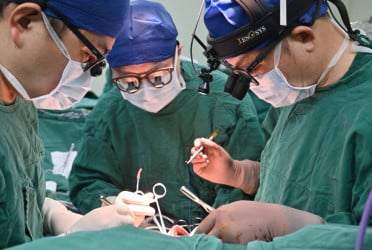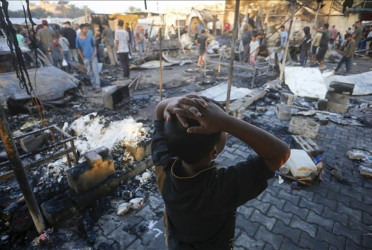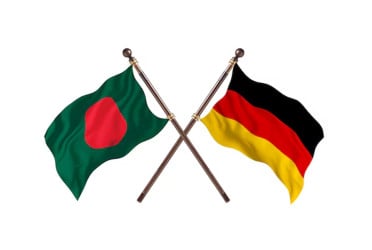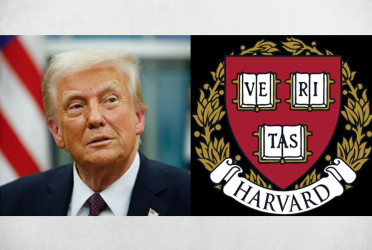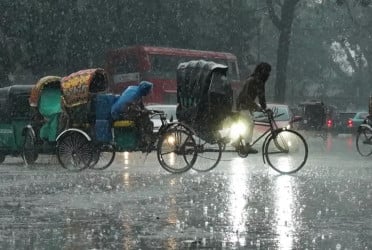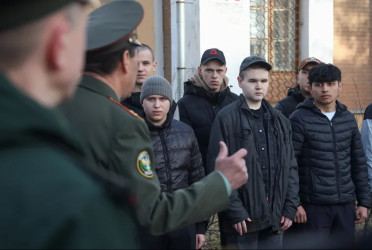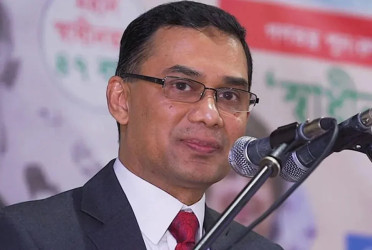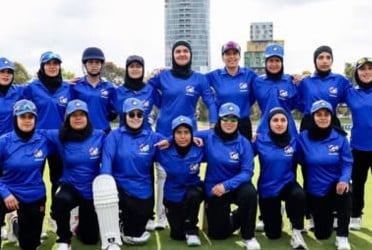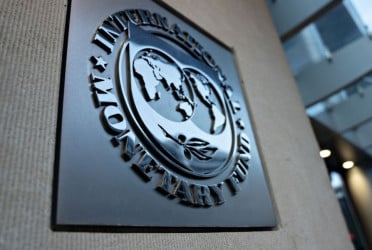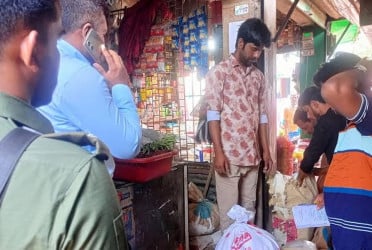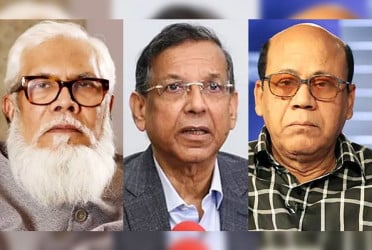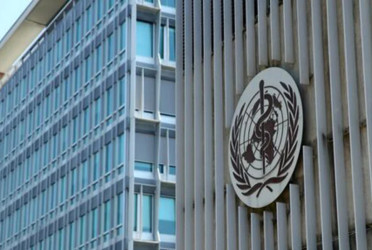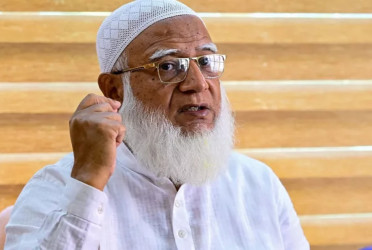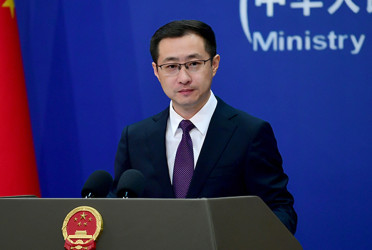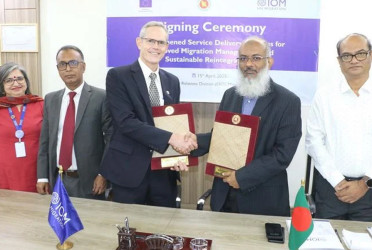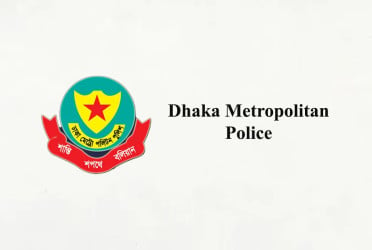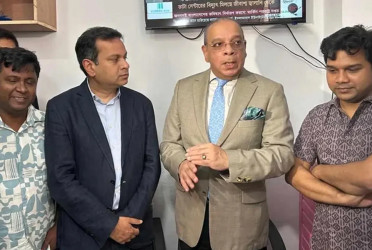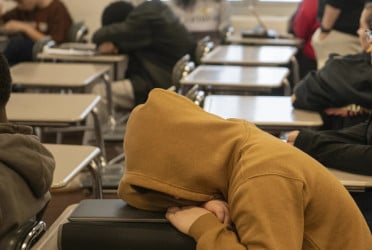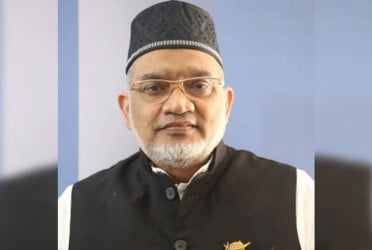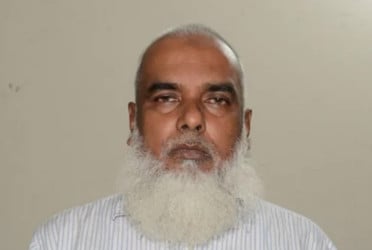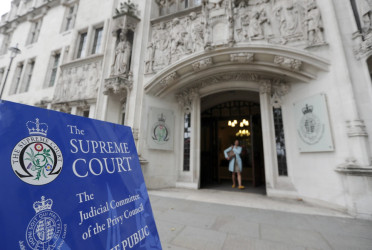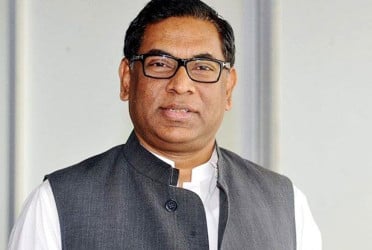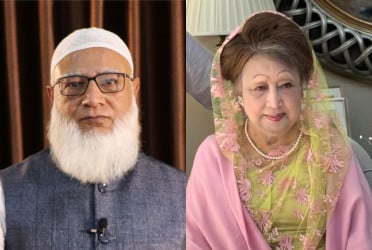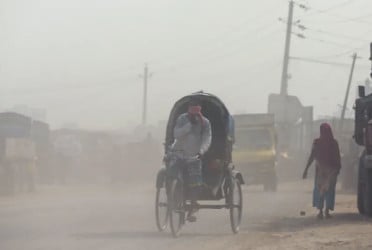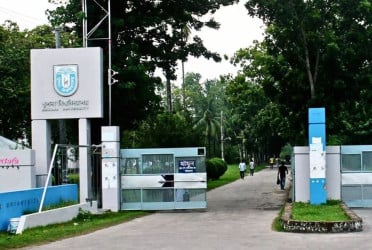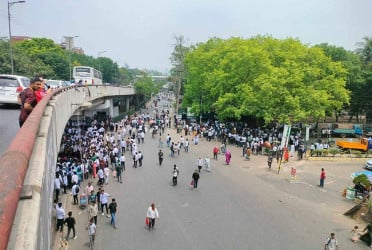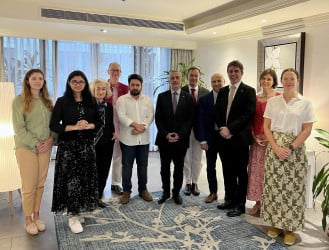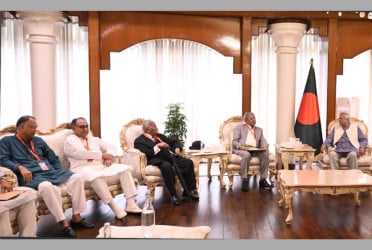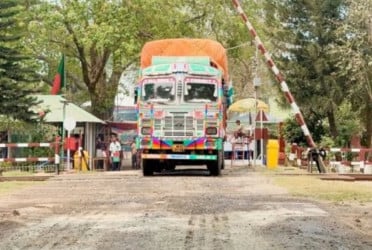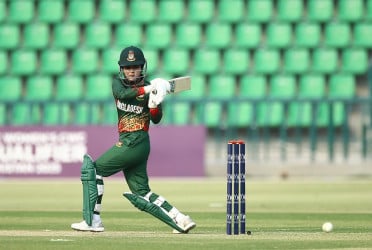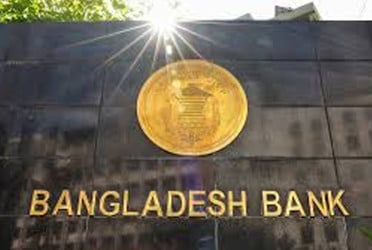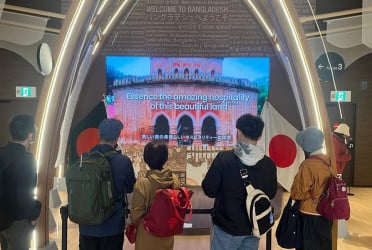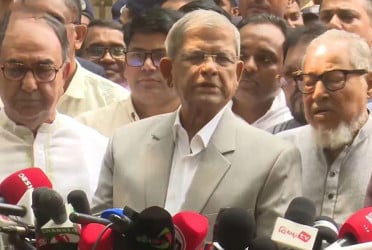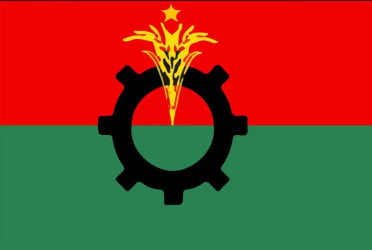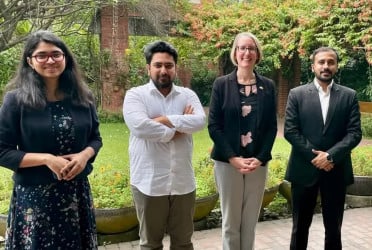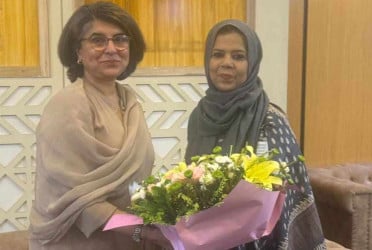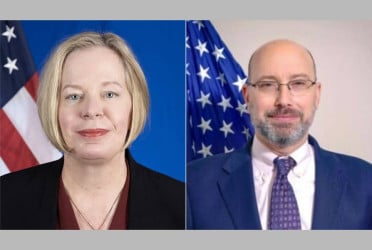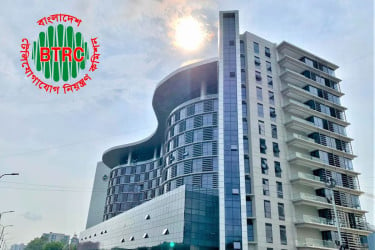Bangladesh has emerged as an independent nation again amid a mass uprising led by the young generation. Following independence, the interim government is thinking of various reforms in the key state sectors, while the young generation is also giving opinions through social media about reforms in the country.
To know their thoughts about the newly independent country, a discussion titled “Youths’ New Bangladesh” was held at the conference room of the head office of Bashundhara Group in Dhaka on Sunday.
The Convening Committee of Private University Coordinated Unit Bashundhara Shuvosangho organised the event participated by students from thirteen universities.
Famed litterateur Imdadul Haq Milan was present at the discussion while Shuvosangho Director and Kaler Kantho Senior Assistant Editor Zakaria Zaman moderated the programme.
Bashundhara Foundation Senior Officer (Coordination) Md Mamun, Shuvosangho Central Committee Office Secretary Sharif Mahdi Ashraf Jibon, Action and Planning Secretary Niaz Morshed Abir, and Executive member Ferdous Alam Sajib were also present, among others.
American International University- Bangladesh (AIUB) students Maun Billah and Tauhid Sarker, Southeast University’s Rana Sarker, Gono Bishwabidyalay students Foysal Ahmed and Ashraful Islam Sazzad, Bangladesh University of Business and Technology (BUBT) students Shah Md Ghashibur Rahman Hasib and Shaimul Azad Chayan, Independent University, Bangladesh (IUB) student Tahmid Arefin Sazid, Dhaka International University (DIU)’s Bayezid Husain, Northern University Bangladesh student Imroz Mahmud Rudra, University of Liberal Arts Bangladesh (ULAB) student Irin Akter, International University of Business Agriculture and Technology (IUBAT) students Dipto Pal and Nafiz Hasan, Daffodil International University (DIU)’s Wasim Akram, North South University’s Munira Priyanti, Rubayet Hossain, and Samia Sporshia, and Bangladesh University students Murshid Alam Rabbi and Habibullah Dewan Shishir attended the discussion.
In his speech, Southeast University student Rana Sarker said it is the responsibility of the youth to focus on creating an educated society. “There are still many children in our country who do not get the opportunity of education. Many students in rural areas are also deprived of the study opportunity due to lack of money. From everyone’s position, we should also implement the principle of ‘Education for All’.”
He said, “Today, the youth do not get jobs even after completing their education from universities. The government should provide compulsory technical education for all students in the country as well as vocational education by which they can work through various online platforms during their studies. Part-time jobs can be arranged for them in Bangladesh as in developed countries so that they can gain experience by working according to their skills alongside their studies.”
Gono Bishwabidyalay student Ashraful Islam Sazzad said, “Of late, it is seen that students are migrating to different countries for higher education after completing their graduation and they are permanently living abroad by pursuing careers of their choice. As a result, we are witnessing a brain drain crisis. The main reason for this may be that the country does not have enough research opportunities.
“If there was an adequate research atmosphere, the students could advance the country with their talent. Besides, many people go to neighbouring countries for treatment since advanced medical care in Bangladesh is very expensive. By modernising the country's medical science through adequate research, it is possible to eliminate this problem. For that purpose, opinions from the youth should be evaluated and enough research facilities for them should be created.”
While addressing the discussion, Imdadul Haq Milan said, “I always like to be with young people. They build up and take a nation forward…Students were behind all the glory we see in the history of Bangladesh. I hope they will also create the future of Bangladesh.”
While highlighting the activities of Bashundhara Shuvosangho, he said 1,000 students are being given stipends every month from the organisation. Besides, 48,000 families in remote areas of the country were provided grocery items for a month during the COVID-19 crisis.
In addition, more than a thousand rural women in different districts have been given sewing training and distributed sewing machines by Bashundhara Shuvosangho Training Centre to make themselves self-reliant, he said.
Shuvosangho is continuing various humanitarian works, he said, as part of it, poor people are getting homes, shops, and cattle. “These activities will continue in future,” he added.
Bd-pratidin English/Lutful Hoque

